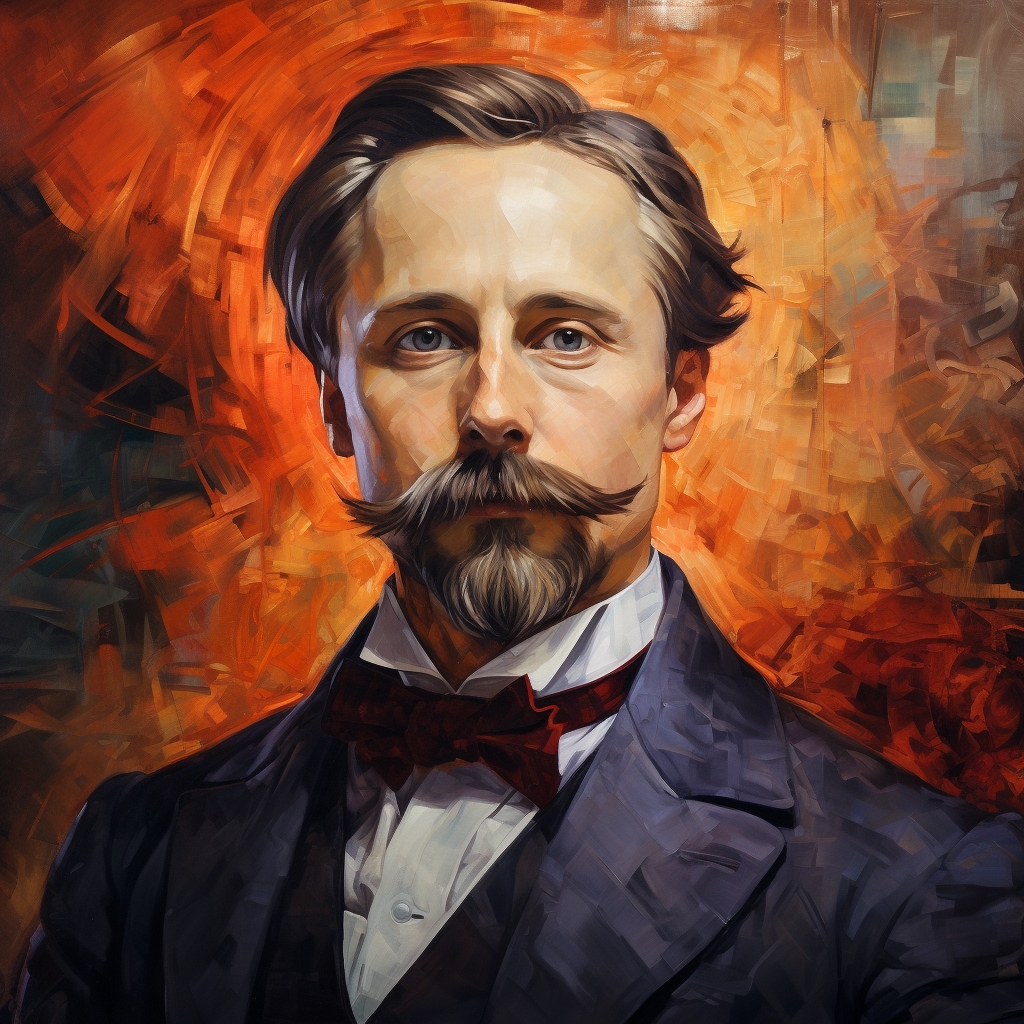Piano Lessons
Alexander Scriabin: The Pioneer of Modern Music
Alexander Scriabin Bio
Alexander Scriabin: The Pioneer of Modern Music
Early Life and Family Background – Alexander Scriabin Bio
Alexander Scriabin was born into a noble Russian family in Moscow on Christmas Day, 1871. His mother, a former student of Theodor Leschetizky, was a concert pianist but sadly passed away when Alexander was only a year old. His father, Nikolai Aleksandrovich Scriabin, was a student at Moscow State University and later served as a military attaché. Young Scriabin was raised by his grandmother and great-aunt, and showed an early interest in music, influenced by his aunt Lyubov, an amateur pianist.
Musical Education and Early Influences
Scriabin’s musical talent was apparent from a young age. He began piano lessons under Nikolai Zverev, who also taught Sergei Rachmaninoff. Despite his small hands, which limited his reach on the piano, Scriabin excelled in his musical studies. His early compositions were influenced by Frédéric Chopin, evident in their forms and styles. However, as he matured, his music began to evolve into a more original and innovative style.
Scriabin’s 24 Preludes, Op. 11, are a collection of short piano pieces composed between 1888 and 1896. These preludes, one in each of the major and minor keys, are often likened to Frédéric Chopin’s preludes, both in their structure and emotional range. Scriabin’s Op. 11 traverses a diverse musical landscape, showcasing his evolving compositional style from a romantic, Chopin-esque beginning to a hint of his later, more mystical and atonal work. Each prelude, though brief, encapsulates a unique mood and character, making the set a fascinating exploration of Scriabin’s early musical language and a testament to his emerging individuality as a composer. These pieces, while technically accessible to intermediate pianists, demand a deep understanding of musical expression and nuance, making them a favorite among both students and seasoned performers of piano repertoire.
Alexander Scriabin – 24 Preludes, Op. 11
Evolution of Musical Style
Scriabin’s music underwent a significant transformation during his career. His early works were in a Romantic style, heavily influenced by Chopin. However, he gradually developed a more avant-garde approach, moving towards atonality. This evolution is particularly evident in his ten piano sonatas, where the later ones showcase a departure from conventional harmonic structures.
Yunchan Lim – SCRIABIN – Sonata No. 2 in G-sharp Minor, op. 19 (“Sonata-Fantasy”)
Philosophical and Mystical Influences
Scriabin’s interest in philosophy and mysticism profoundly influenced his music. He was drawn to Friedrich Nietzsche’s übermensch theory and later became interested in theosophy. This is reflected in his compositions, such as “The Poem of Ecstasy” and “Prometheus: The Poem of Fire,” which aimed to create a total sensory experience, combining music with elements like light and color. Scriabin’s fascination with synesthesia also influenced his approach to music, associating colors with musical keys based on a system influenced by Isaac Newton’s Optics.
Alexander Scriabin – The Poem of Ecstasy {Le Poème de l’extase}
Personal Life and Professional Challenges
Scriabin’s personal life was marked by challenges, including a scandalous relationship with Tatyana Schloezer, which caused a premature end to his American tour. Professionally, he faced disagreements with publishers and experimented with self-publishing. His life was tragically cut short at the age of 43 due to septicaemia, contracted from a minor injury.
Unfinished Magnum Opus and Legacy
Scriabin’s most ambitious project was the unfinished “Mysterium,” intended to be performed in the Himalayas. This grand multi-media work was to herald the birth of a new world but remained incomplete at his death. Despite his early demise, Scriabin’s influence on modern music is profound. His transition from Romantic to avant-garde music and his innovative use of atonality mark him as a significant figure in the evolution of early modern music. His compositions, particularly his piano works and symphonies, continue to be celebrated and performed globally.

